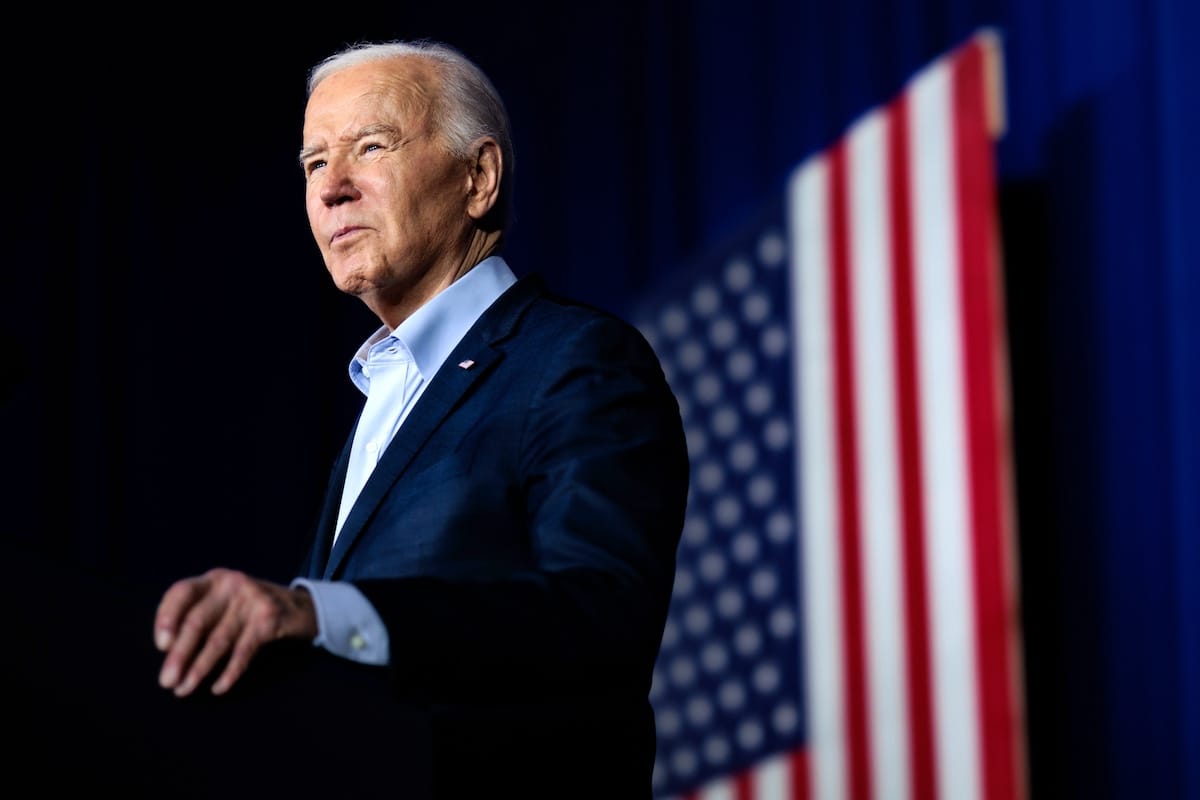Biden Administration Imposes New AI Chip Export Restrictions

President Joe Biden, in his final week in office, introduced comprehensive new guidelines governing the export of U.S.-made AI chips. Launched as the Interim Final Rule on AI diffusion, these adjustments were publicized on Monday with an aim to provide clarity to allied and partner nations regarding AI usage and to ease licensing barriers for chip orders, as per a White House press statement. However, the guidelines impose fresh restrictions on chip sales to the majority of countries globally.
Dividing Nations into Three Groups
The guidelines categorize nations into three groups. According to reports, the first group comprises the United States' prime allies, such as Japan and South Korea, who are unaffected by the new constraints. The second group includes nations like China and Russia, which are already barred from purchasing advanced AI chips and will now face additional barriers concerning closed AI models. The third group, including most other countries, will have a limit set at 50,000 graphics processing units per country, though options to increase this quota exist.
Impact on the Third Group of Countries
Those in the third category, countries like Mexico, Portugal, and Israel, are significantly impacted. The restrictions aim to prevent indirect chip acquisitions by adversaries such as China and Russia, but they also curb AI advancement in these nations.
Industry Response
In response, Nvidia issued a statement on Monday labeling the proposed measures as "unprecedented and misguided," suggesting they might impede global innovation and economic progress.
Building on Previous Measures
These proposals expand on previous guidance from the Biden administration, released in October 2022 and October 2023. While a 120-day comment period is included, the rules will be enacted before the period concludes, as reported.
The latest announcement has sparked debate within the AI sector, and with a new administration taking over soon, the landscape of chip export regulations might undergo substantial changes quickly.